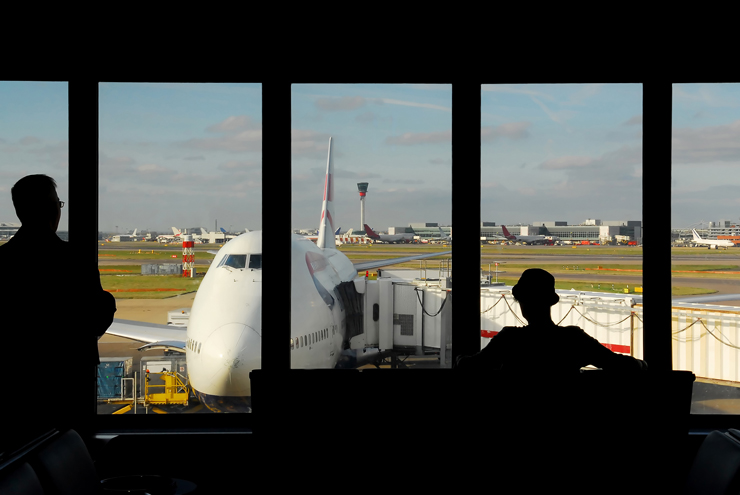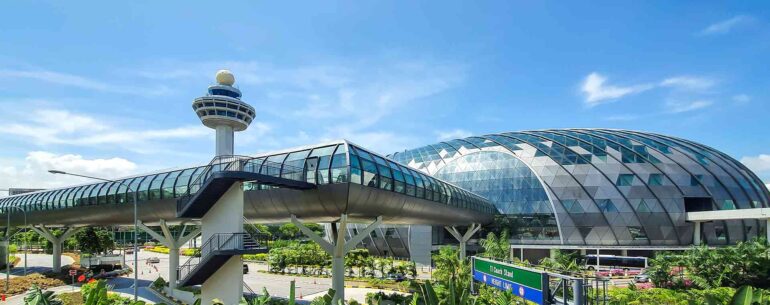
The great debate over the expansion of London’s airports seems to have a reached a dead end. While aviation bodies and commercial stakeholders grow impatient over the decision to construct a third runway for Heathrow, lawmakers and social activists have taken the opportunity to take a strong stand in the name of environmental protection and social wellbeing. The scope of the decision varies from just being centred upon London itself, to a national role which the city plays for the upkeep of the entire economy.
Another political argument may be that the remaining airports around the UK may desire a bigger slice of the economic pie. By shouldering all the surplus potential for aviation’s contribution in countrywide economic progress, the equity between London’s and the rest of the airports would increase. After all, the localities hailing from the rest of these airports do not seem to make many hues and cry over any expansion plans. With improved freight railway connections, underground metros, airports of surrounding cities would chip in to support London’s air traffic, both inbound and outbound.
Public opposition has mostly raised the argument that many old communities would need to be replaced in order to vacate the space for a third runway at London Heathrow. Around 4000 homes under an entire village would be razed in North London. West London has already been experiencing some externalities, including excessive noise pollution reaching out towards nearby communities. Furthermore, the concern sheds light on the entire prospect of airport expansion in the longer run. Everyone expects that even if a third runway is allowed to be built, the time would not be far when the airport authorities would start contesting for a greater share of land for additional facilities.
Major supporters of the runway voice their approach with the fact that London is a global metropolitan city, and in order to maintain its role in this position, there are decisions which have to be made no matter what the social welfare impacts are. In case Heathrow or even Gatwick does nothing for dealing with the congestive nature of their regular operations, they will attract negative reviews in the eyes of many. Numerous regional hubs are gaining their pace to succeed Heathrow within Europe alone, such as Frankfurt and Paris.
Then comes in the emerging wave of global competition from the Far East and the Middle East; Hong Kong and Dubai have rapidly boomed traffic over the past few years. Once the global centre of commercial aviation shifts from Heathrow, a far more intensive, and strenuous effort would need to be made to attract it all back. Thus the safest bet would be to keep on taking lead overall rising competitors with every possible development of expansion.


Leave a Reply
You must be logged in to post a comment.